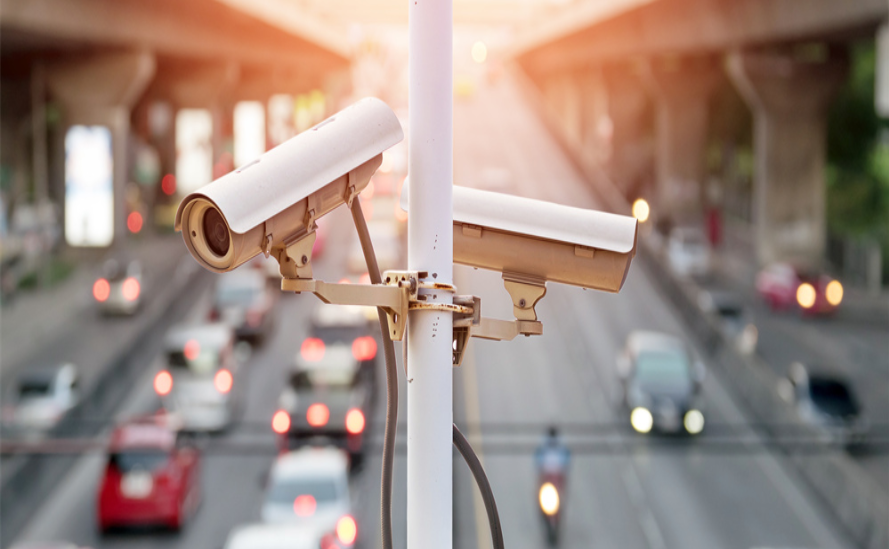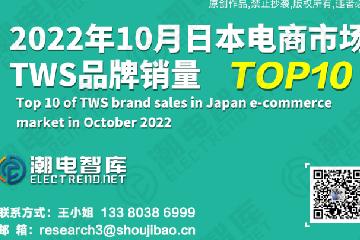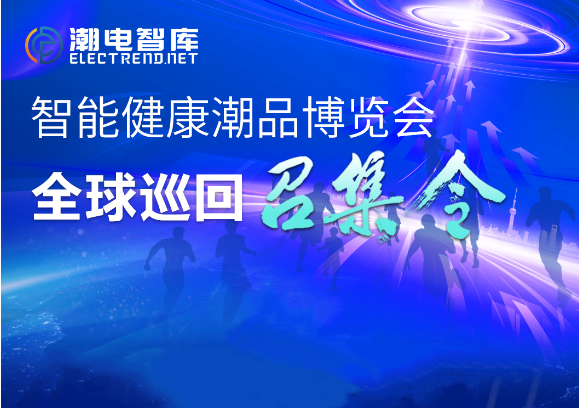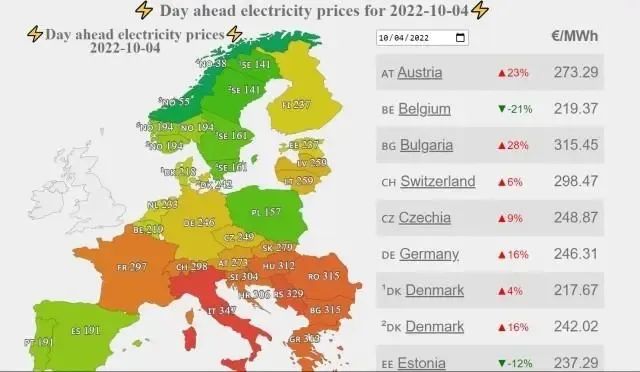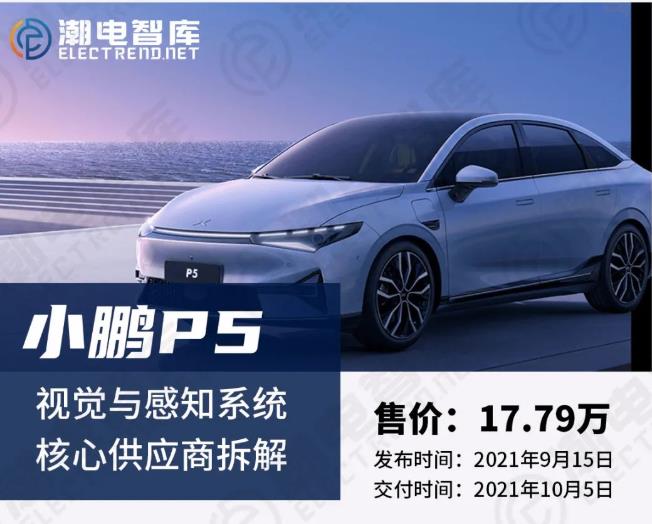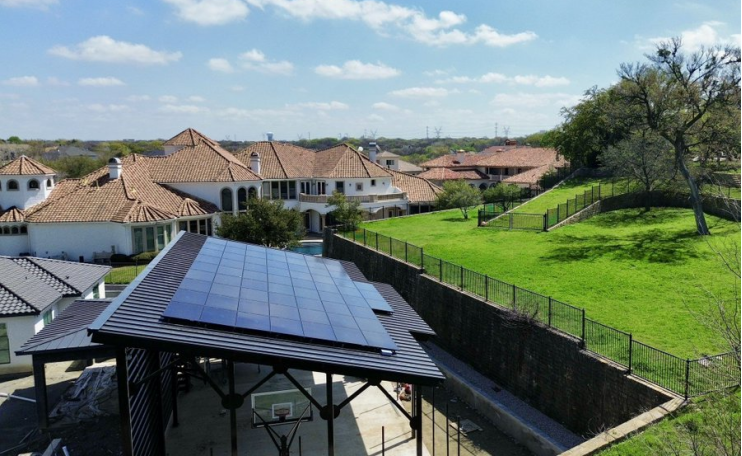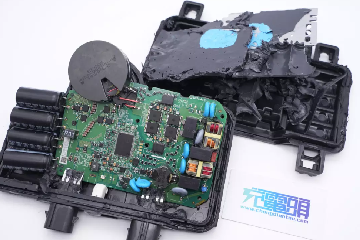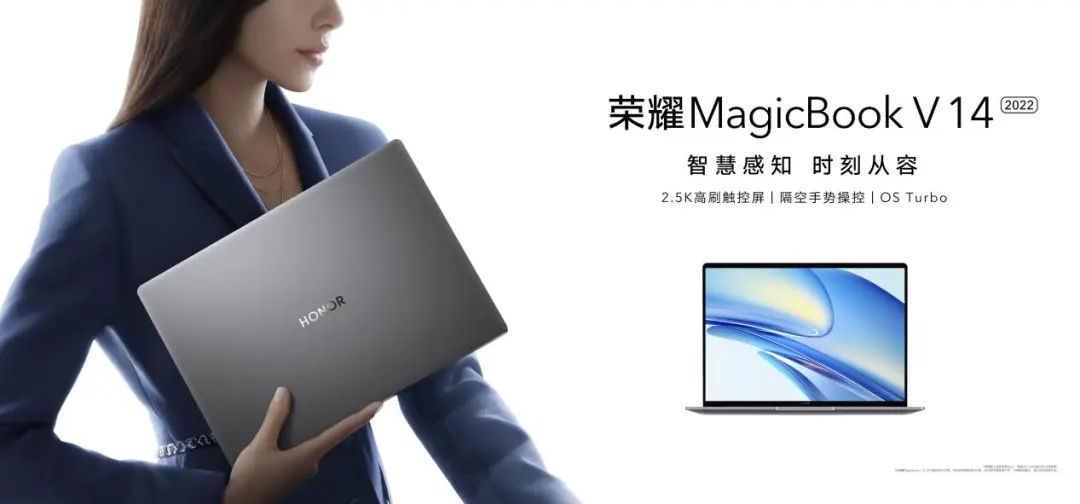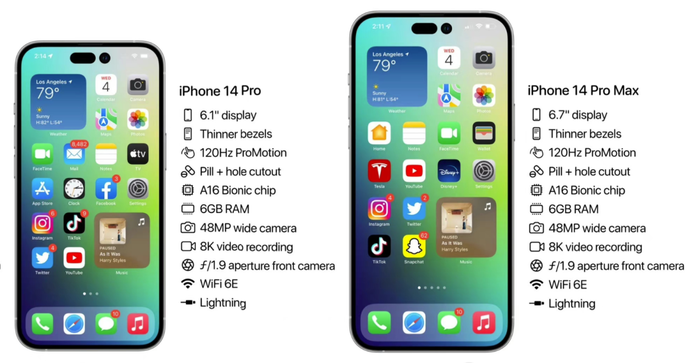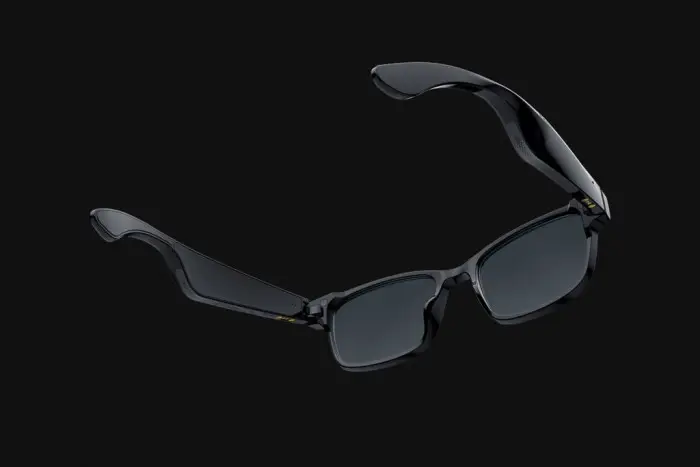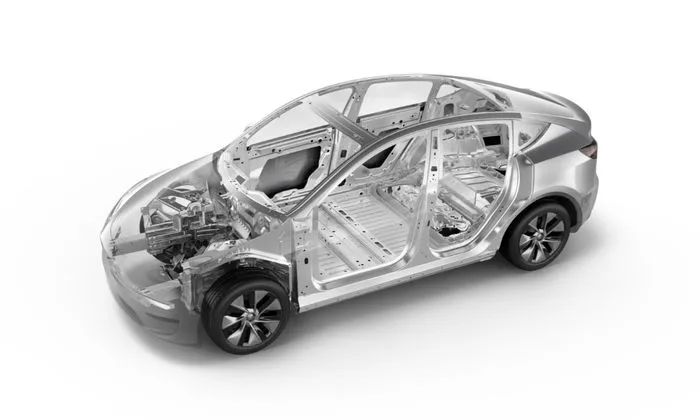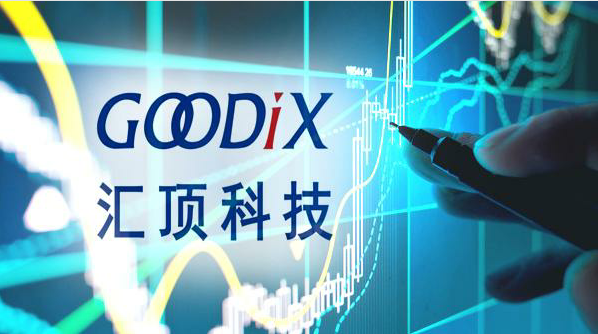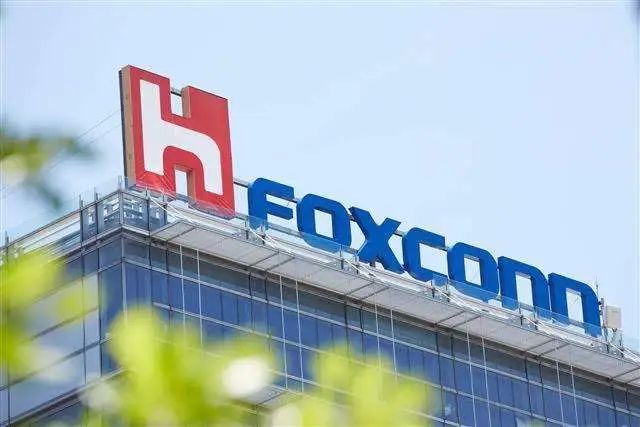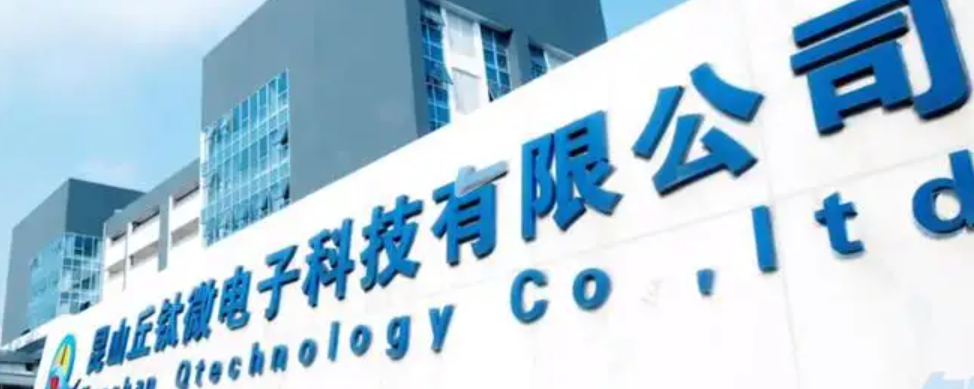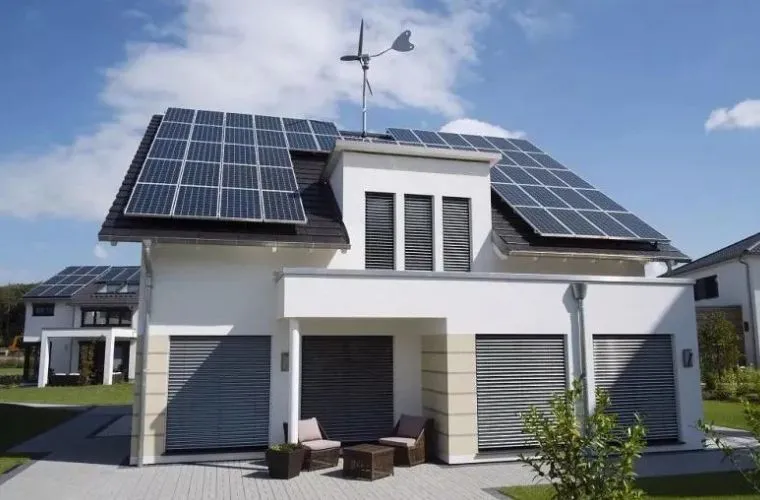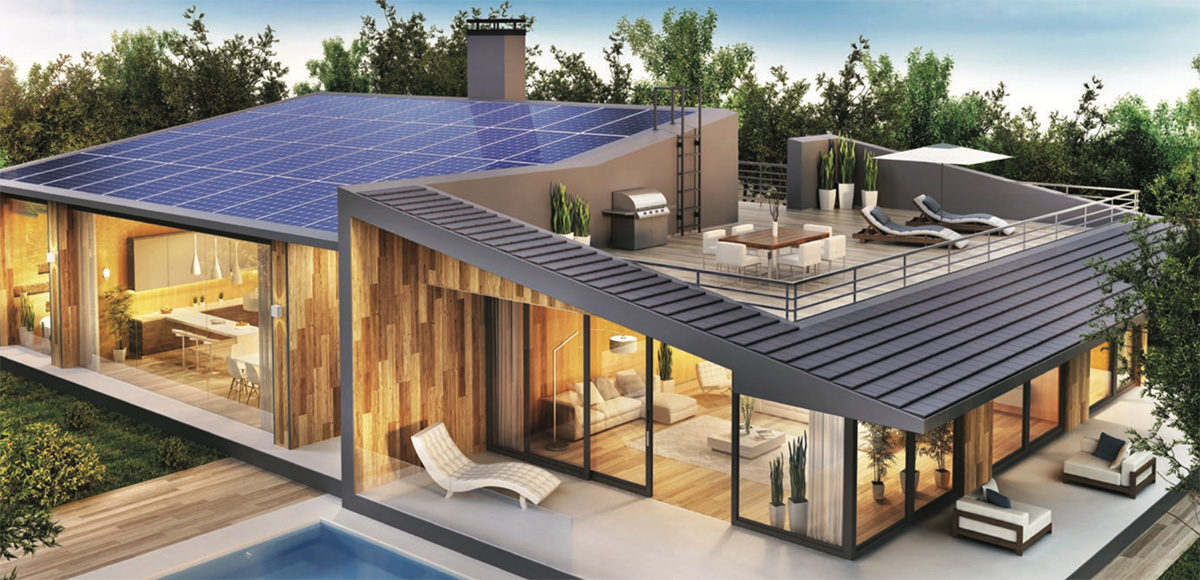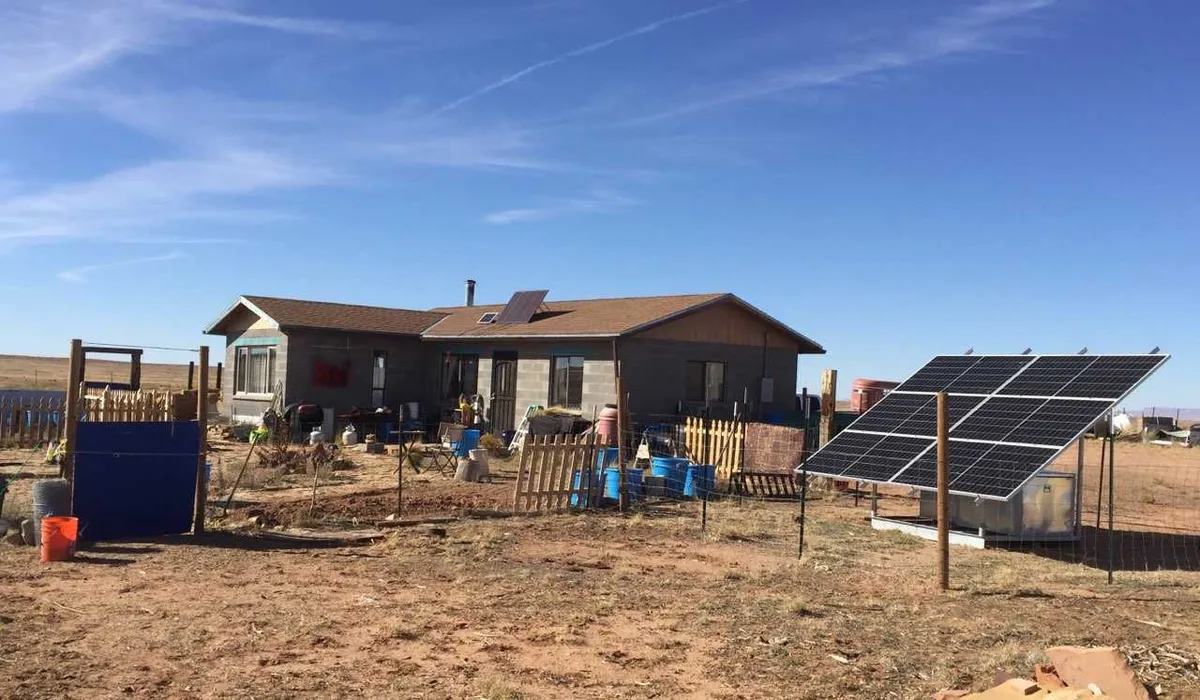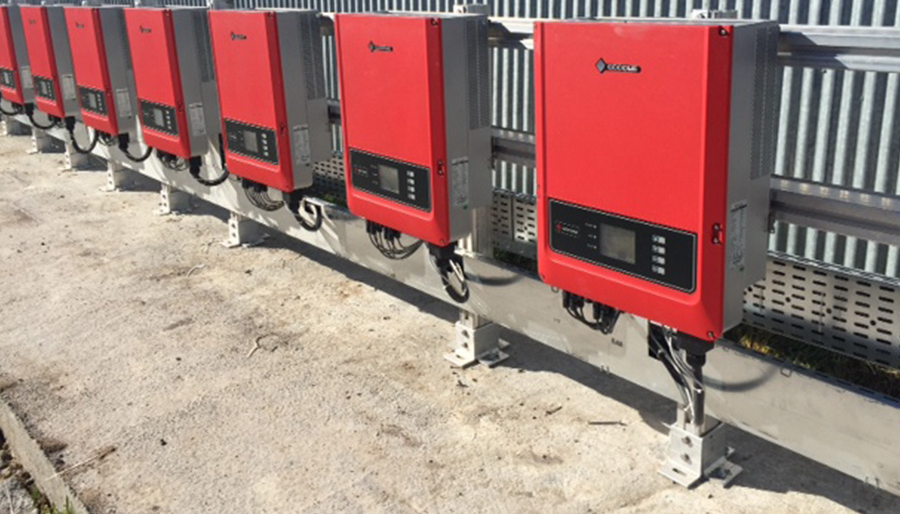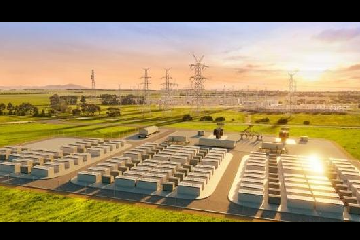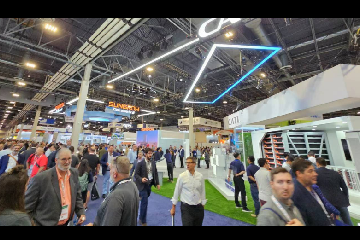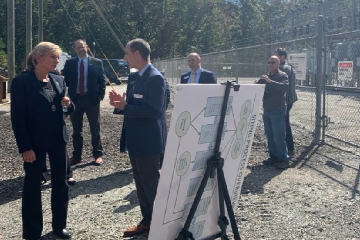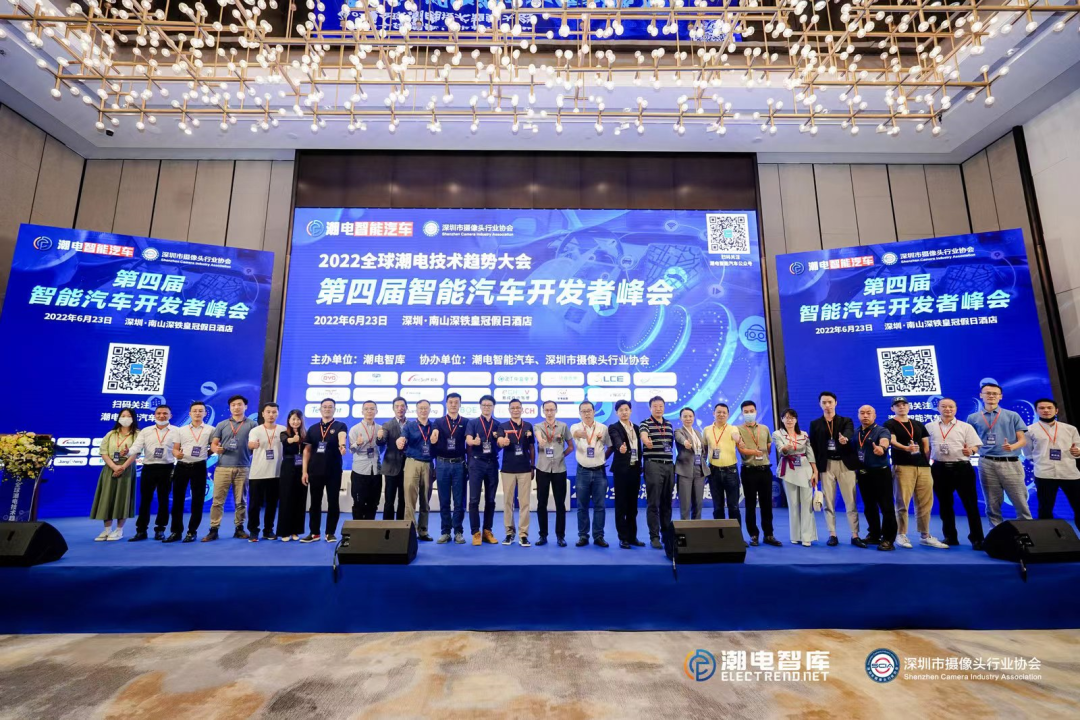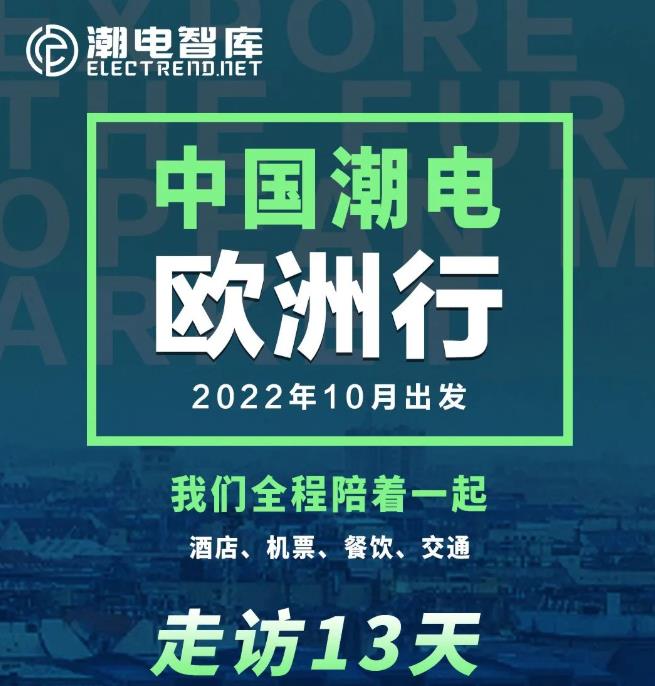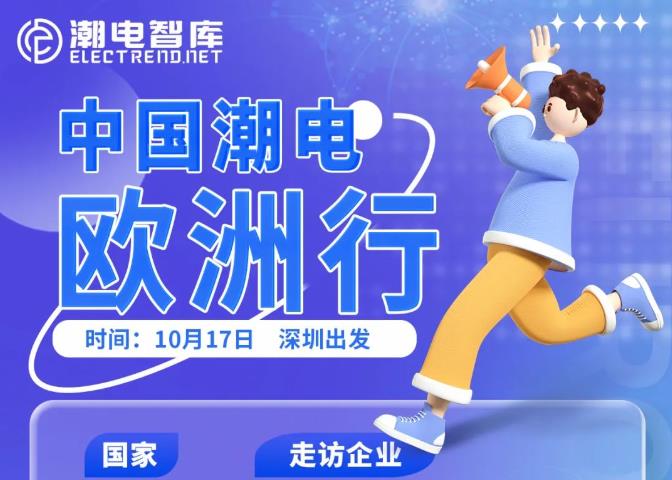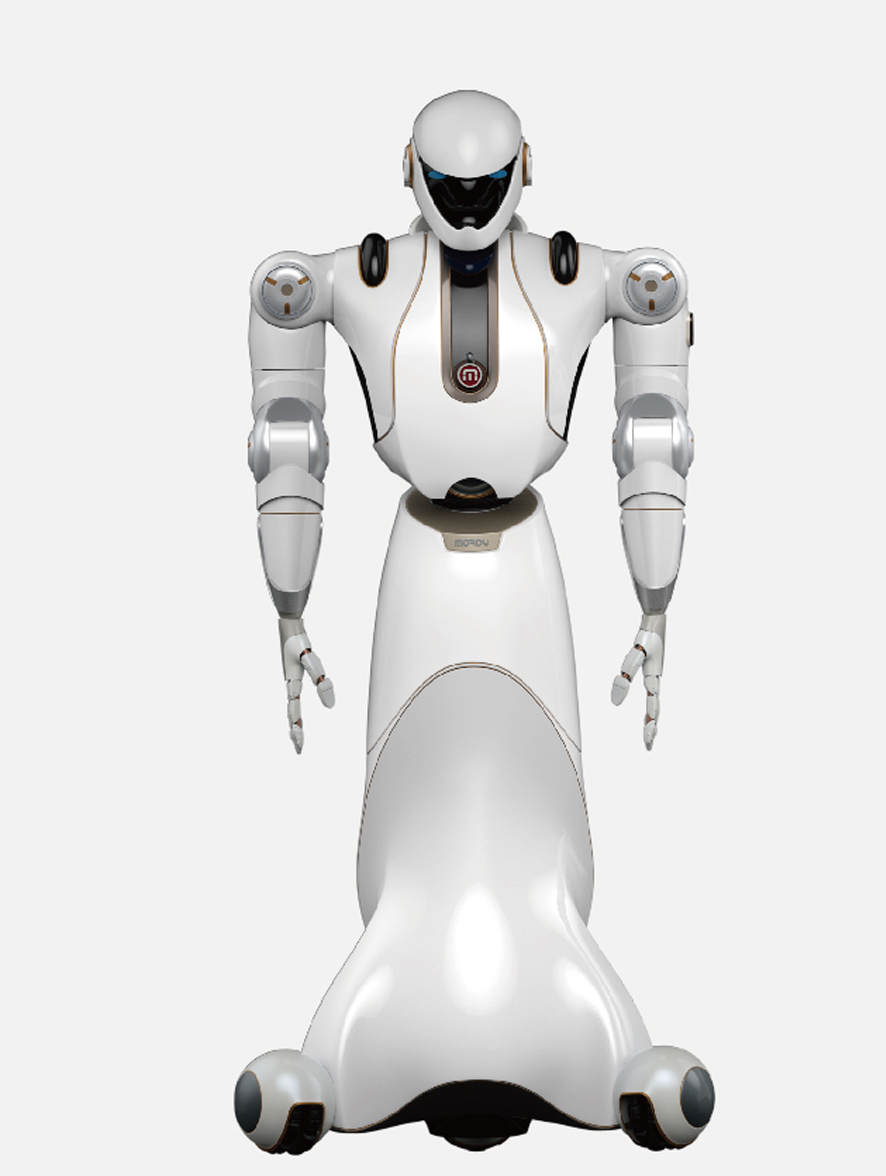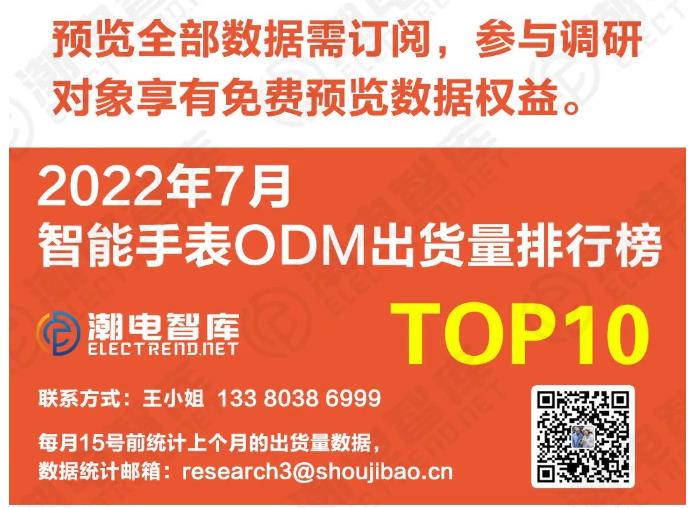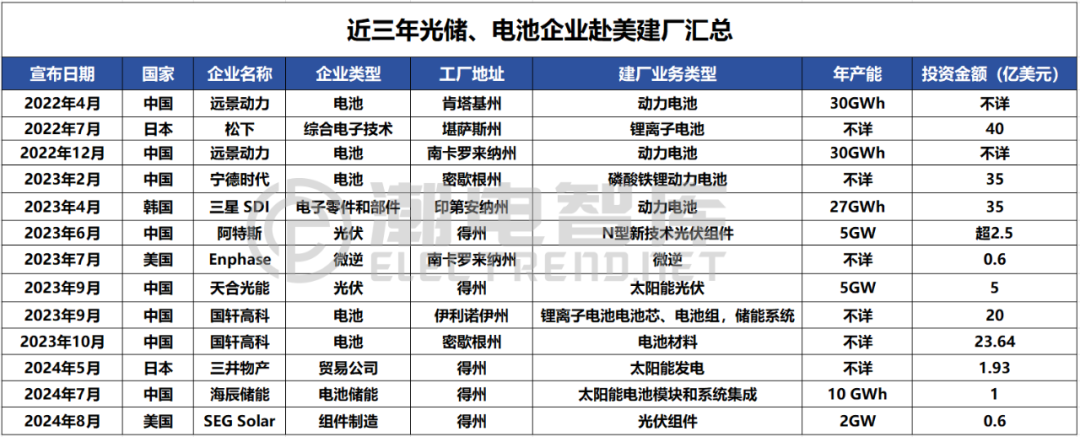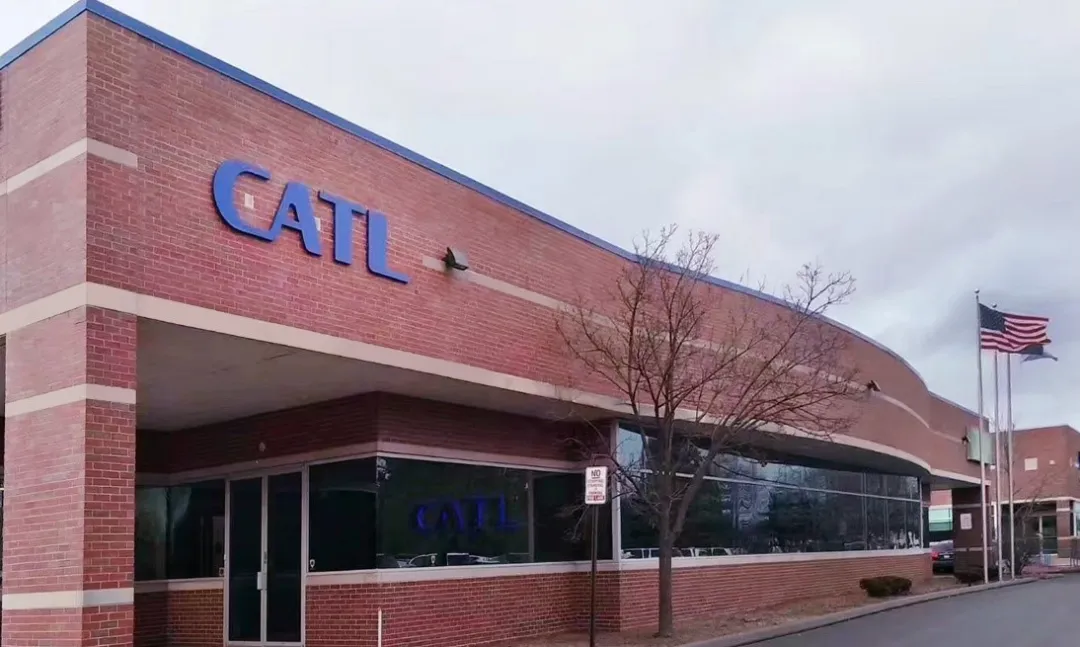Influenced by the IRA program, Enphase announced last year in Texas and South Carolina contract manufacturer factories to produce micro-reversible, in order to obtain local manufacturing subsidies.
In the past two years, the U.S. solar photovoltaic power generation industry has been developing rapidly, and data from relevant professional organizations show that Texas has become the second largest solar market in the United States, and is the first large U.S. energy storage manufacturing base.
Under the rapid development of energy storage, the battery market also expanded. Texas has a comparative advantage in power plant construction and battery profitability. Texas has vast land, and enterprise access permits are relatively easy to obtain. Chao Dianji believes that Chinese companies are at the forefront of plant construction planning in Texas, aiming to take the lead in laying out the high-value market, and that more battery companies will open factories in Texas in the future as well.
In the past three years to the United States to build factories of enterprises mainly from China, Japan and South Korea. Among them, the number of Chinese companies is the largest and the expansion speed is faster.
In the field of photovoltaics, energy storage and batteries, Chinese companies have been going to the U.S. to build factories for more than ten years.
Since 2023, the IRA Act requires electric vehicles to have 40% of the key minerals for batteries mined or recycled in North America or 20 countries with which the U.S. has signed a trade agreement in order to qualify for a tax credit of $3,750 per vehicle; the proportion of localized raw materials will grow at a rate of 10% per year to 80% by 2027, which is a major challenge for the dominant Chinese, Japanese and Korean power battery companies in the U.S. market. Power battery companies need to adjust the supply chain layout.
Before 2023, the first to build factories in the United States are mainly battery companies, and most of them have invested more than 2 billion U.S. dollars.
Battery company Vision Power's first battery plant in North America is located in the U.S. state of Tennessee, which began operations in 2012 and has an annual capacity of 3GWh.
Tariffs and restrictions limit the ways in which Chinese companies can go to sea in the U.S. Building factories in the U.S. is undoubtedly an important strategy for mitigating risk, which includes carrying out partnerships with U.S. companies to build factories together.
For example, at present, Ningde Times conducts business in the U.S. mainly through its own technology and U.S. propriety car company brand binding.
Ford Motor invested $3.5 billion in a new lithium iron phosphate power battery plant in Marshall, Michigan, which is mainly operated by one of its wholly-owned subsidiaries, which owns a 100% interest in the plant, including the plant and infrastructure, and Ningde Times is responsible for providing manufacturing technology. Because it does not involve direct investment, the plant is able to enjoy the production tax credits under the U.S. IRA Act.
In addition, building a factory in the U.S. is also conducive to Chinese and other overseas enterprises to raise awareness here, which is conducive to establishing a brand image.
Relevant professional organizations said that the lithium-ion battery factory that Guoxuan Gaoke plans to build in Illinois can get a subsidy of 536 million U.S. dollars from the state, which comes from the local government's REV (Reimagining Energy and Vehicles) program and a fund called “Invest in Illinois”. The subsidies come from the local government's REV (Reimagining Energy and Vehicles) program and a fund called “Invest Illinois.
It is worth noting that, due to the U.S. mainland photovoltaic industry chain is not perfect, Atlas Texas Mesquite factory will use Atlas in Southeast Asia production of battery cells.
Translated with DeepL.com (free version)
Our Authors
We have experienced employees who choose the services we provide, and our services are all professional. If you contact us, we may receive a commission.
Why You Can Trust ELECTREND
15
Years of service experience
580+
Brand Customer Choice
1000+
The choice of corporate customers

